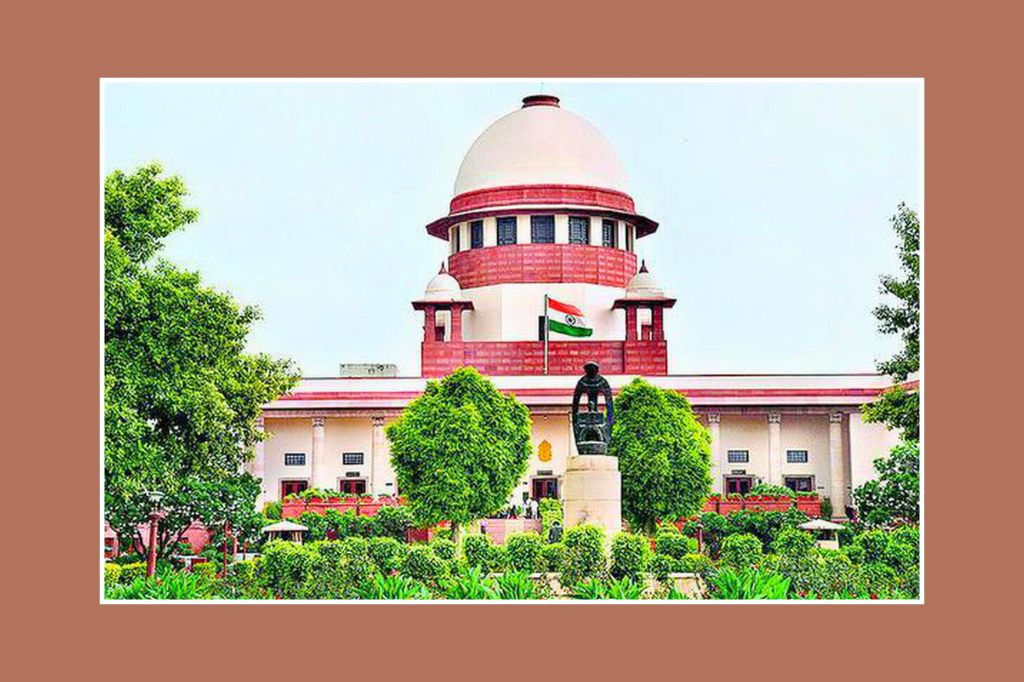The Supreme Court on Monday, September 15, paused the operation of several contentious provisions of the Waqf (Amendment) Act, 2025, but refused to stay the law in its entirety. The Bench, led by Chief Justice BR Gavai, said there was no ground to suspend the whole Act while petitions challenging its constitutional validity are being heard.
The court stayed Section 3(R), which requires a person to have practised Islam for at least five years before being eligible to create a waqf. The Bench observed that the clause could only take effect after state governments frame rules defining and verifying the term “practising Islam.”
It also suspended Section 3C(4), which gave district collectors the power to decide whether property listed as waqf is actually government land and to alter revenue records. The court said such authority should rest with judicial bodies like waqf tribunals or high courts, not with executive officers.
In addition, the court put on hold Sections 9 and 14, which limit the number of non-Muslim members who can be part of Waqf Boards and the Central Waqf Council. These provisions will remain paused until the court delivers its final judgment.
The judges, however, declined to stay the provision that makes registration of waqf properties mandatory, noting that a similar requirement existed under earlier law and does not constitute a new imposition.
The case will continue to be heard in the coming weeks. The stayed provisions will remain suspended until the Supreme Court reaches a final decision on the constitutional challenges to the Act.







